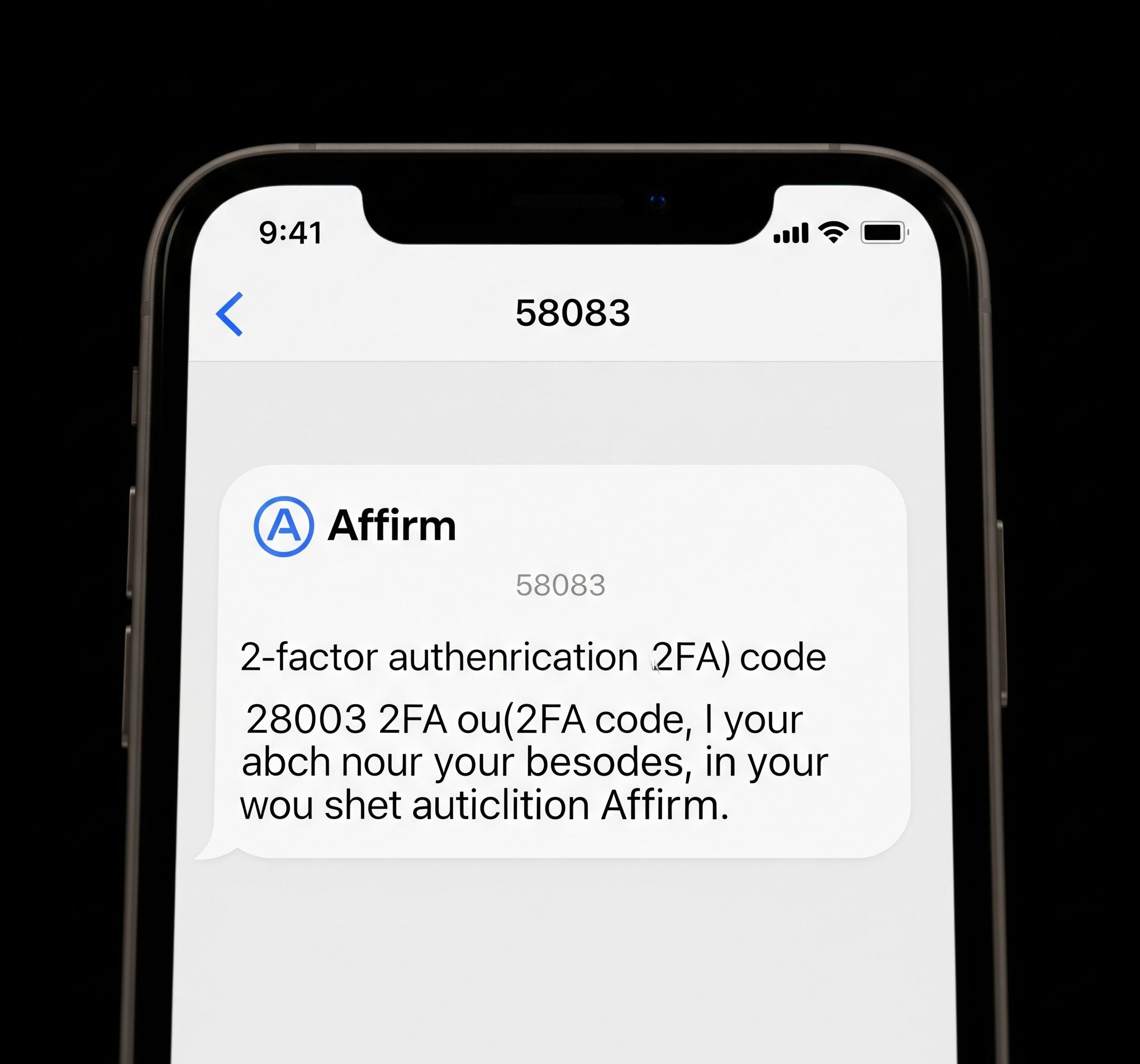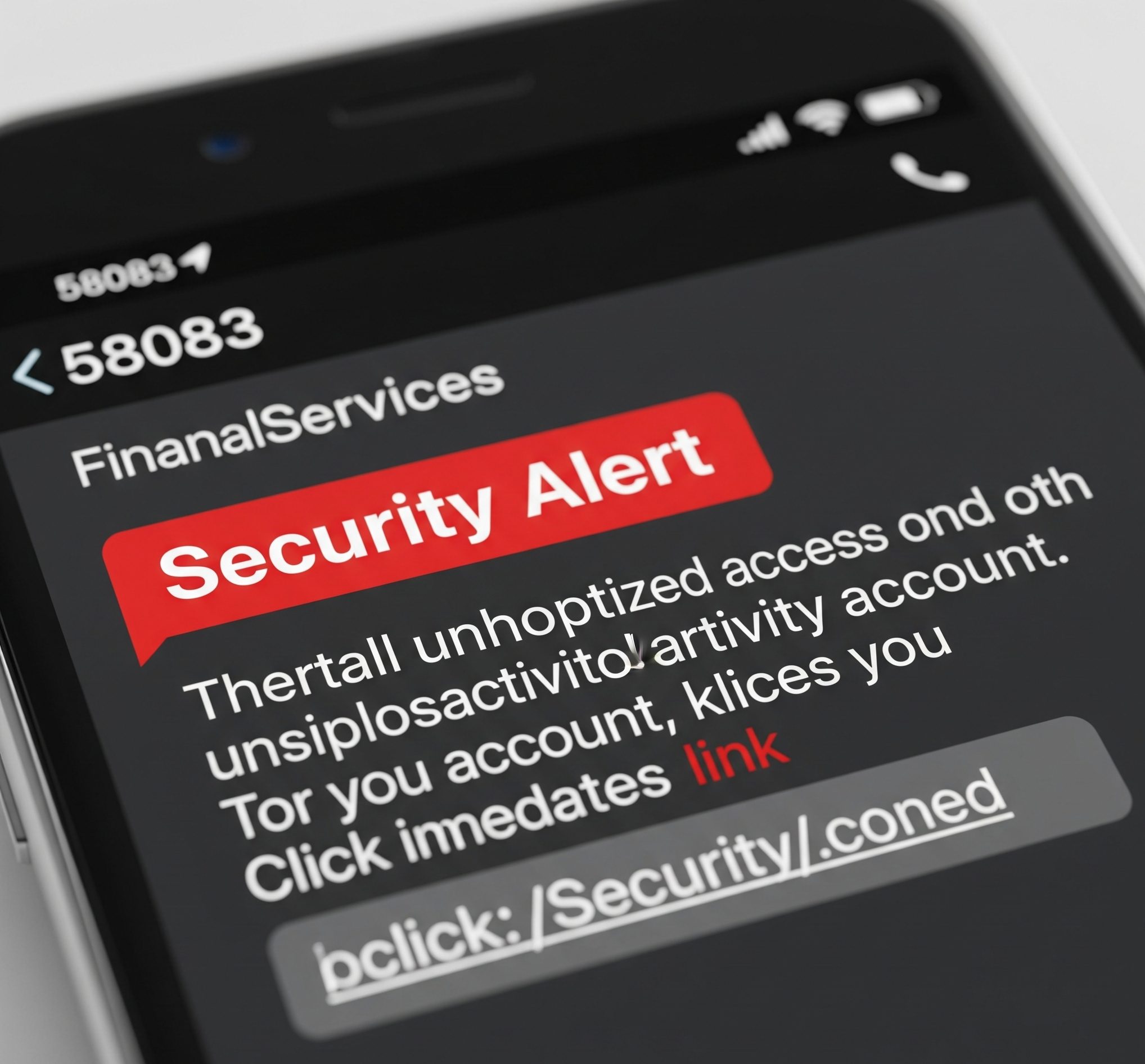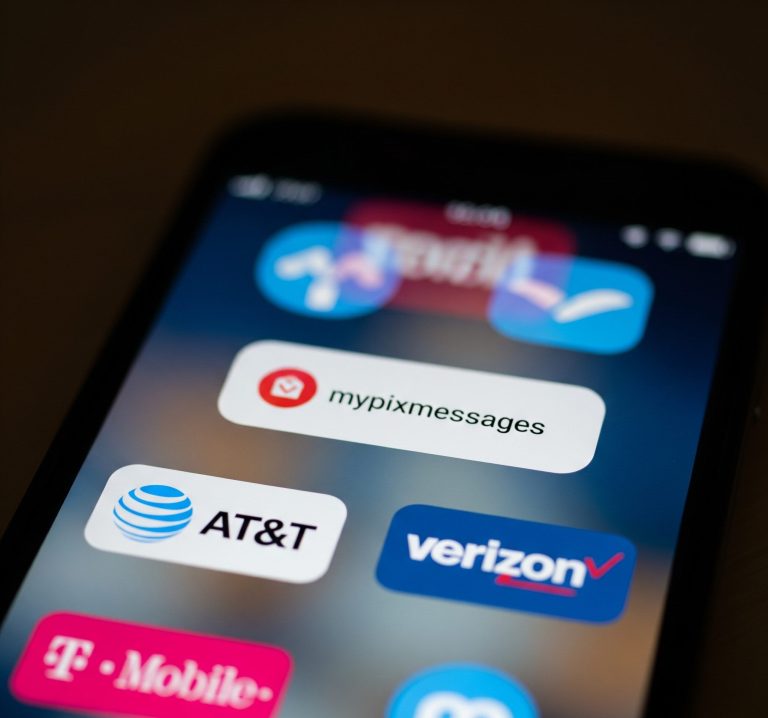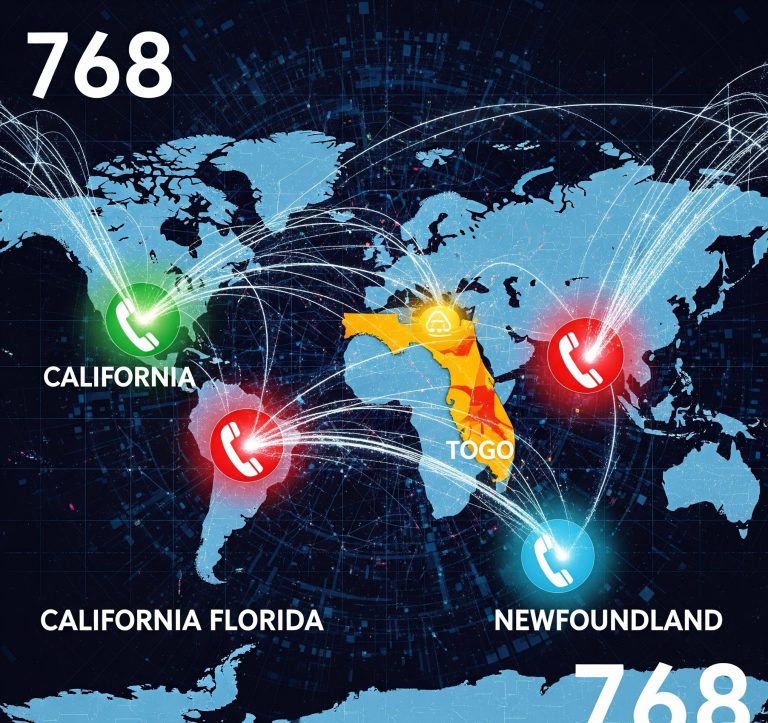In an age of constant digital communication, a text message from an unknown number can be both intriguing and alarming. If you’ve recently received a text from the 58083 short code, you’re not alone. This five-digit number has been the source of confusion and concern for many across the United States. This article will delve into what the 58083 short code is, who operates it, the types of messages it sends, and what you should do if one lands in your inbox.
Contents
Understanding Short Codes
Before we dissect the specifics of the 58083 short code, it’s essential to understand what a short code is. In the simplest terms, a short code is a shortened phone number, typically five or six digits long, used by businesses to send and receive text messages at scale. These are often used for marketing campaigns, appointment reminders, two-factor authentication (2FA), and other automated communications.
The use of short codes is regulated in the United States by the Cellular Telecommunications Industry Association (CTIA). This regulation is intended to protect consumers from spam and ensure that businesses use these numbers responsibly.
The Company Behind the 58083 Short Code
According to the U.S. Short Code Directory, the 58083 short code is leased to a company by the name of “Restaurantina Box.” While the name might evoke images of a food delivery service, details about “Restaurantina Box” and its specific services are not readily available. It’s common in the industry for the registered name of a short code to be a holding company or a text marketing provider that services other businesses.
While “Restaurantina Box” may be the official lessee, the messages originating from the 58083 short code are most frequently associated with a well-known financial services company: Affirm.
The Connection to Affirm and Two-Factor Authentication
A significant volume of the text messages sent from the 58083 short code are two-factor authentication (2FA) codes for Affirm. Affirm is a popular “buy now, pay later” service that allows consumers to finance purchases at a wide range of retailers.
When a user logs into their Affirm account or performs a sensitive action, Affirm sends a unique verification code to the user’s registered phone number to confirm their identity. This is a standard security practice designed to protect user accounts from unauthorized access. Many of these verification texts are sent from the 58083 short code.

Unsolicited Verification Codes: A Cause for Concern?
One of the primary reasons the 58083 short code has garnered attention is the number of individuals who have reported receiving unsolicited verification codes from it, purportedly from Affirm, even when they do not have an Affirm account or were not attempting to log in.
There are several potential explanations for receiving an unsolicited code from the 58083 short code:
- Another User’s Typo: The most common and benign reason is that another Affirm user simply entered their phone number incorrectly when trying to log in or sign up, accidentally using your number instead.
- An Attempted Unauthorized Access: In a more concerning scenario, someone may be attempting to access your Affirm account or create one using your phone number. By sending the verification code, they are hoping you will share it with them, granting them access.
- Phishing Attempts: Scammers may use the familiarity of a legitimate short code like 58083 short code to try and trick you into revealing personal information. They might follow up the automated text with a call or another message, pretending to be from Affirm’s security department.
It is crucial to remember to never share a verification code with anyone. Legitimate companies like Affirm will never ask you to read back a verification code over the phone or via text.
What to Do If You Receive a Text from the 58083 Short Code
If you receive a message from the 58083 short code, here are the steps you should take:
- Do Not Panic: In most cases, receiving an unsolicited code is not an immediate threat as long as you do not share it.
- Do Not Share the Code: This is the golden rule of account security. The code is for your eyes only.
- If You Have an Affirm Account: If you receive a verification code you did not request, it is wise to log into your Affirm account (by typing the official website address directly into your browser, not by clicking any links in the text) and change your password as a precautionary measure. Review your account for any suspicious activity.
- If You Do Not Have an Affirm Account: You can generally ignore the message. Without the code, no one can create an account linked to your phone number.
- Stop Future Messages: If you wish to stop receiving messages from the 58083 short code, you can typically reply with the word STOP. According to CTIA regulations, this command should opt you out of receiving further texts from that specific short code. You can also reply with HELP for more information about the service associated with the number.
Other Potential Uses of the 58083 Short Code
While the vast majority of reports surrounding the 58083 short code are related to Affirm, some sources have also categorized it under “Entertainment news.” This suggests that the short code may be used by “Restaurantina Box” for other clients in the entertainment industry for promotional messages or alerts. This is a common practice for text marketing agencies that lease short codes.
The Bottom Line
The 58083 short code is a legitimate communication channel used primarily for sending Affirm verification codes and potentially other marketing messages. While the receipt of an unsolicited code can be unsettling, it is often due to a simple error. By understanding what the code is and following best security practices, you can protect yourself from potential scams and unwanted communication. Remember to be vigilant, never share your verification codes, and use the “STOP” command to control the messages you receive.







